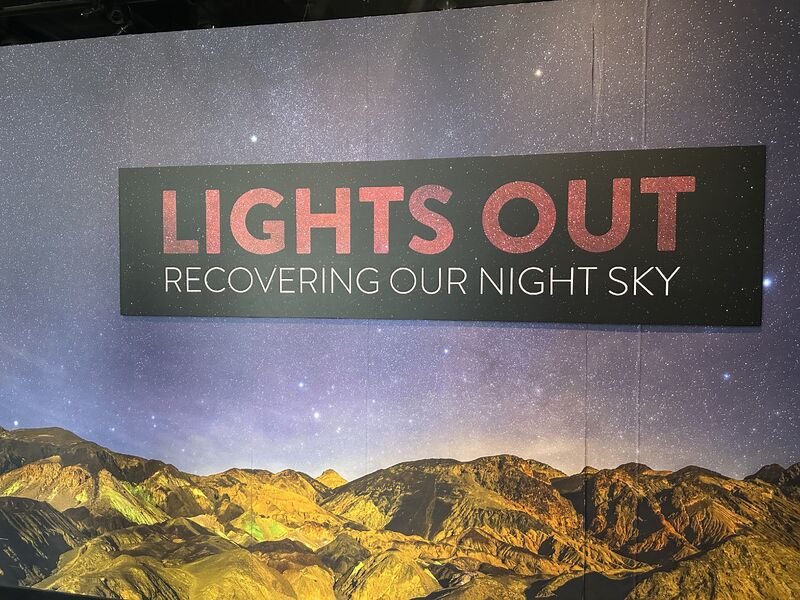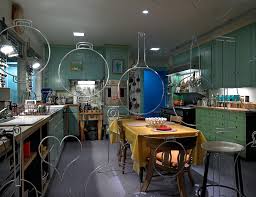By Professor Tiffany Banks On Tuesday, September 30th , students from my COMM 108: Foundations…
Another highlight of the Fellowship year is the annual presentation by staff from the National Museum of African American History and Culture (NMAAHC), and this year’s seminar on April 29, continued that tradition. One enduring highlight of these meetings has been the presence of Kinshasha Holman Conwill, Deputy Director of NMAAHC and long-time supporter of the SI-MC partnership and this fellowship. Under her guidance, a team of top notch museum curators and educators gave us an outstanding afternoon. Following introductions (and yes, Kinshasha did have a wonderful poem for the occasion!) the afternoon began with a presentation by Kelly Elaine Navies, Museum Specialist, Oral History Initiative.
She began by sharing a Smithsonian project that took place in December of 2020. The goal of this project, coming at the end of a year marked by the pandemic as well as increasing awareness of racial inequities, was to capture a snapshot of a single day. The result, 24 Hours in a Time of Change, allowed ten different units of the Smithsonian to gather information to allow reflection as a nation: where are we and where are we headed? She spoke to the important role oral histories and collecting first-hand stores has in helping us document, interpret, and teach history, a process which will shape our understanding of who we are as individuals and who we are as a nation. Oral histories are unique as they allow us to capture the sound and inflection of a voice, providing information that a written history does not. A highlight of this effort is the ongoing Community Curation program at NHMMAC which is “an innovative, digital first initiative bridging the generational digital divide” (NMAAHC, website). This initiative allows diverse communities across the country access to the Museum’s digitization services. This facilitates the collection of photos, written narratives and videos which support the preservation and sharing of community history and culture.
The afternoon continued with a presentation by Candra Flanagan, staff lead for the Teaching and Learning unit of the Education Department, NMAAHC and Anna Hindley, director of the Early Childhood Education Initiative, NMAAHC who spoke on “Educating to Create Change.” They spoke of the decade of work the Education Department has spent creating programs and materials for educators and families to discuss race and racism in age-appropriate ways. One result is the initiative, Let’s Talk, which has used in person workshops for educators as well as families as a vehicle for education and change. A second major iniative, and outgrowth of the first, Talking About Race, is an online portal, released last summer. It was designed to increase access to the tools and strategies developed over the last decade, and stimulate conversation and action towards an anti-bias, anti-racist society through sharing of information, building empathy for each other and creating and strengthening human connections. Fellows were given the opportunity to engage in some of the teaching tools that have been developed which added to the richness of the afternoon.
The last presentation of the afternoon was led by Esther Washington, Director of Education, NMAAHC. Her presentation focused on some of the major finding published in a report, Centering the Picture: The role of race & ethnicity in cultural engagement. This report was an outgrowth of Culture + Community in a Time of Crisis, a national audience and community survey conducted during the early months of the COVID-19 pandemic. The study explored how and why Americans of all racial/ethnic groups connect to arts, culture, and creativity. What do we look for from our from cultural organizations during challenging times? Survey results were then reanalyzed in an effort to identify the effects of the pandemic on Black, Indigenous, and People of Color (BIPOC) with consideration of physical, emotional and economic impacts.
The afternoon concluded with a Q&A session that could have lasted well beyond the limits of our time together.





This Post Has 0 Comments